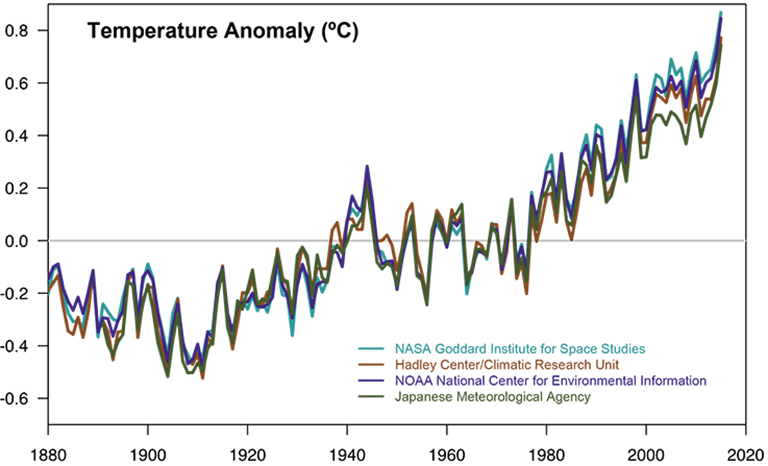I give them more weight, yes. Particularly in fields that I know little about. We should trust experts, generally. There should always be skepticism, of course; a climate scientist receiving funding from Exxon Mobile looses all credibility, for example. And having an advanced degree myself, I am more comfortable criticizing and critiquing the work in my field, and I've read a lot of books from PhD's who are astoundingly myopic.
So yes, we should generally trust experts, but context matters. If other experts, the majority of experts, in said field disagree with one person, then it is safe for the layman to assume that the outlier is wrong. There is also biases, financial, political, etc, that need to be taken into account.




